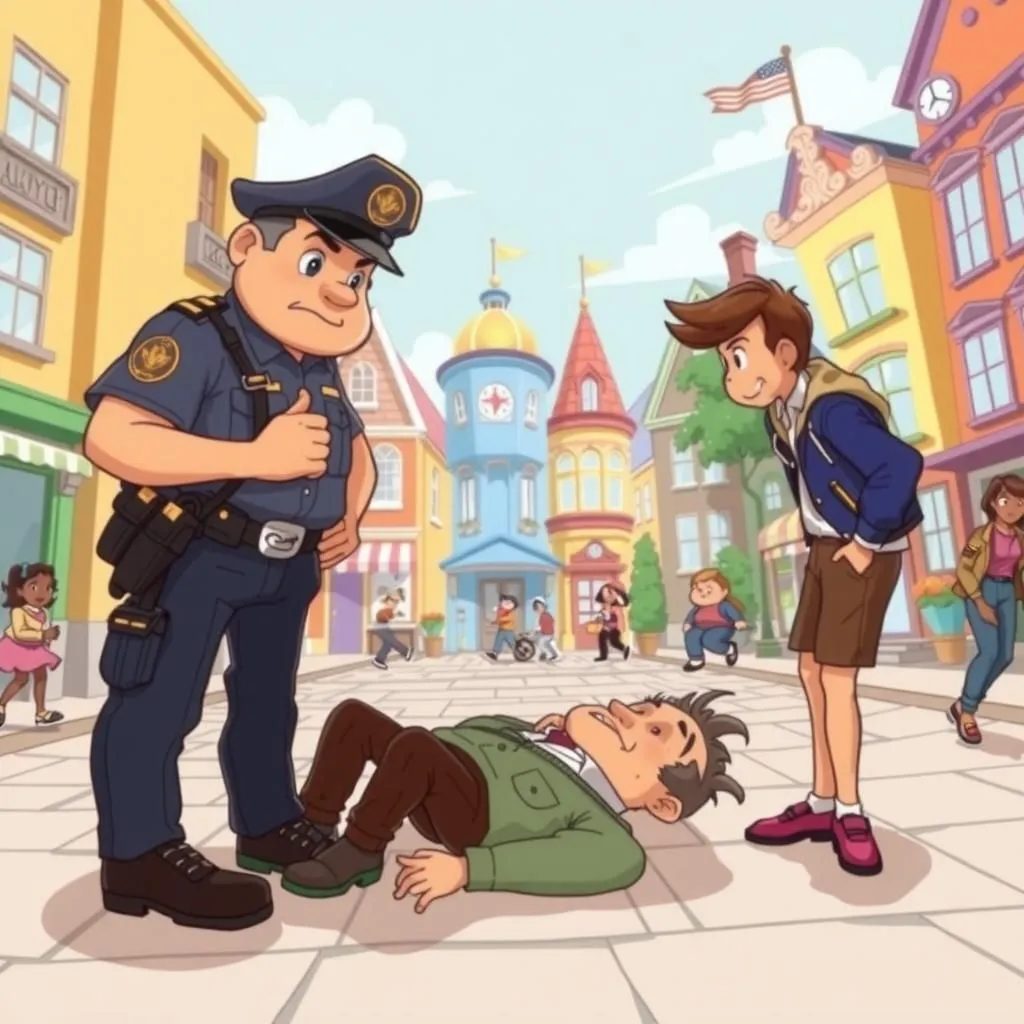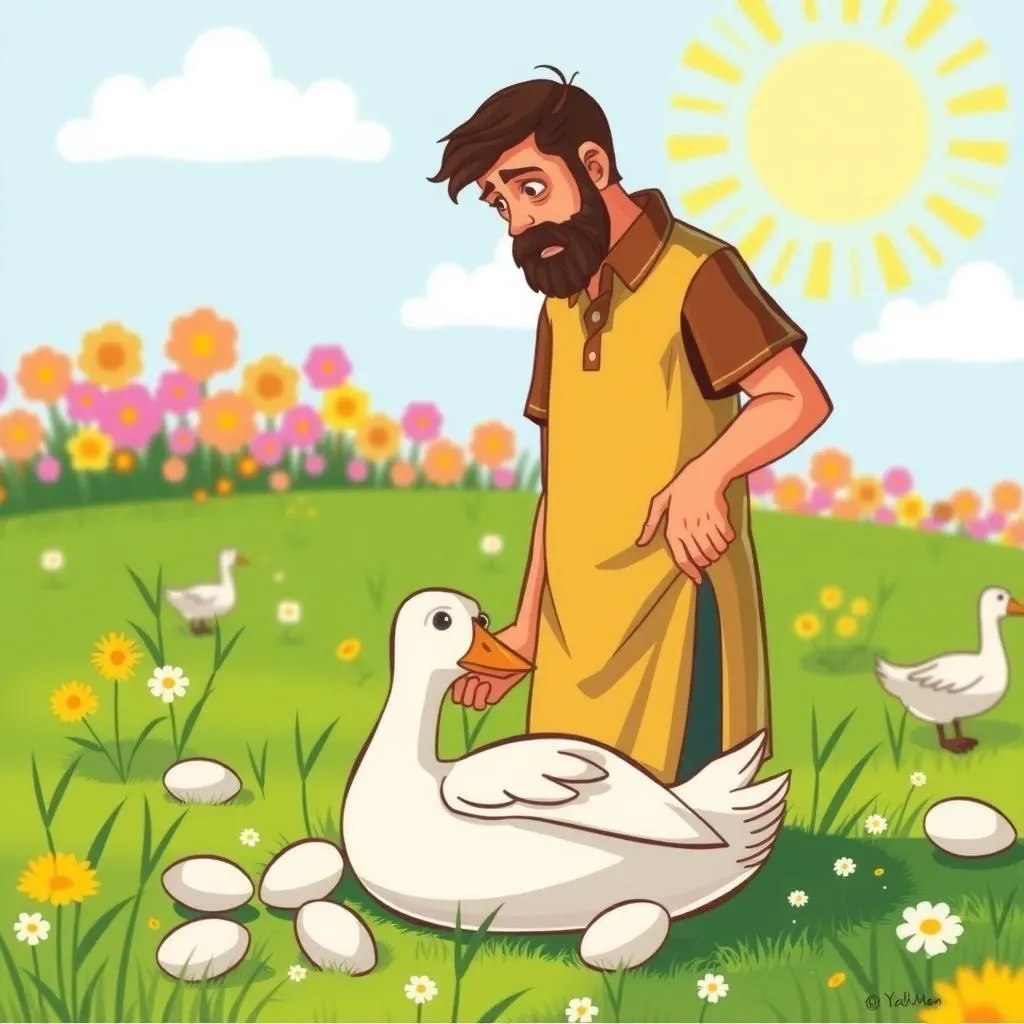
The Man and the Lion
A man and a lion boast about their superiority while traveling together, leading to a dispute that reflects the themes found in famous moral stories. When they encounter a statue depicting a lion being strangled by a man, the man claims it showcases human strength, but the lion counters that it represents a biased perspective, suggesting that if lions could create statues, the roles would be reversed. This very short moral story illustrates that the lessons learned from stories can vary greatly depending on the storyteller's viewpoint.


